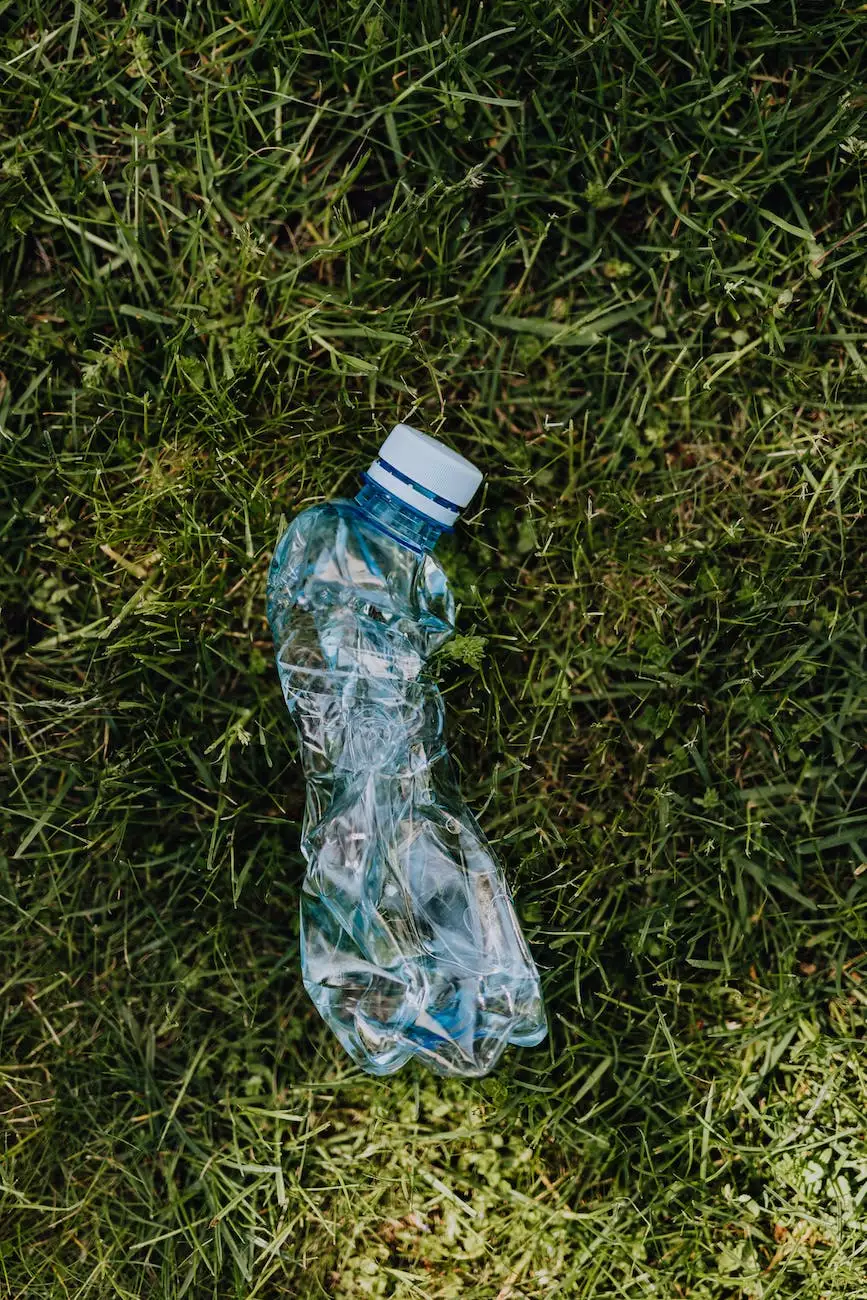A Few Tips to Prevent Salt Damage to Your Lawn
Blog
Welcome to Edge My Neighborhood, your trusted source for expert tips and advice on various business and consumer services. In this article, we will provide you with comprehensive information on how to prevent salt damage to your lawn, ensuring its health and vitality throughout the year.
Understanding the Impact of Salt on Your Lawn
Before we delve into the preventive measures, it's essential to understand the damaging effects that salt can have on your lawn. During winter, when roads and sidewalks are often treated with salt to melt ice and snow, the salt can find its way onto your lawn. This excess salt can interfere with the delicate balance of your soil and disrupt the healthy growth of your grass.
Excessive salt can cause your grass to turn yellow or brown, inhibit its ability to absorb nutrients, and even lead to permanent damage. To protect the overall health and appearance of your lawn, it's crucial to take proactive steps to prevent salt damage.
Tips to Prevent Salt Damage
1. Create Physical Barriers
One effective method of preventing salt damage is to create physical barriers between the treated areas and your lawn. Erecting snow fencing or installing burlap along the edges of your lawn can help block salt from reaching your grass. Additionally, you can consider using plastic or metal edging materials to create a separation between your lawn and sidewalks/driveways that are frequently treated with salt.
2. Choose Salt-Tolerant Grass Varieties
When selecting grass seed for your lawn, opt for salt-tolerant varieties. These grasses are specifically bred to withstand higher salt levels and are more resilient against salt damage. Consult with your local gardening center to identify the best salt-tolerant grass varieties suitable for your region.
3. Thoroughly Water Your Lawn
Regularly watering your lawn during the winter months can help dilute and flush out any accumulated salt. Be sure to water deeply, ensuring that the moisture penetrates the soil and reaches the grass's root zone. Try to water your lawn when the temperature is above freezing to avoid the formation of ice.
4. Utilize Gypsum
Gypsum is a natural soil amendment that can help mitigate the effects of salt on your lawn. It works by binding with the sodium in the salt, reducing its harmful impact. Apply gypsum to your lawn according to the manufacturer's instructions, typically before winter or after heavy salt exposure.
5. Clear Snow and Ice Promptly
Removing snow and ice from your driveway and sidewalks promptly can help minimize the amount of salt that comes into contact with your lawn. The longer the snow and ice sit, the greater the chance of salt penetration into your grass. Use a sturdy shovel or snow blower to clear away snow, and consider using non-salt de-icing alternatives for your walkways.
6. Consider Alternative De-Icing Methods
Rather than relying solely on salt for de-icing, explore alternative methods that are less harmful to your lawn. Options such as sand, kitty litter, or even alfalfa meal can provide traction on slippery surfaces without causing damage to your grass. However, keep in mind that these alternatives may have their own limitations, so it's important to assess their suitability for your specific needs.
7. Regular Lawn Maintenance
Ensuring proper lawn care throughout the year is vital in promoting its ability to withstand salt exposure. Regularly aerating and overseeding your lawn, maintaining the correct mowing height, and fertilizing as recommended by experts can all contribute to a healthier, more resilient lawn.
Contact Edge My Neighborhood for Professional Assistance
At Edge My Neighborhood, we have a team of experienced professionals who specialize in various business and consumer services, including lawn care and maintenance. If you need expert guidance on preventing salt damage to your lawn or any other related concerns, don't hesitate to reach out to us. We are dedicated to providing top-notch solutions to enhance the beauty and health of your lawn.
By following these tips and seeking assistance from Edge My Neighborhood, you can effectively prevent salt damage to your lawn and ensure its long-term health and beauty. Invest in proactive measures today and enjoy a lush and thriving lawn year-round!










